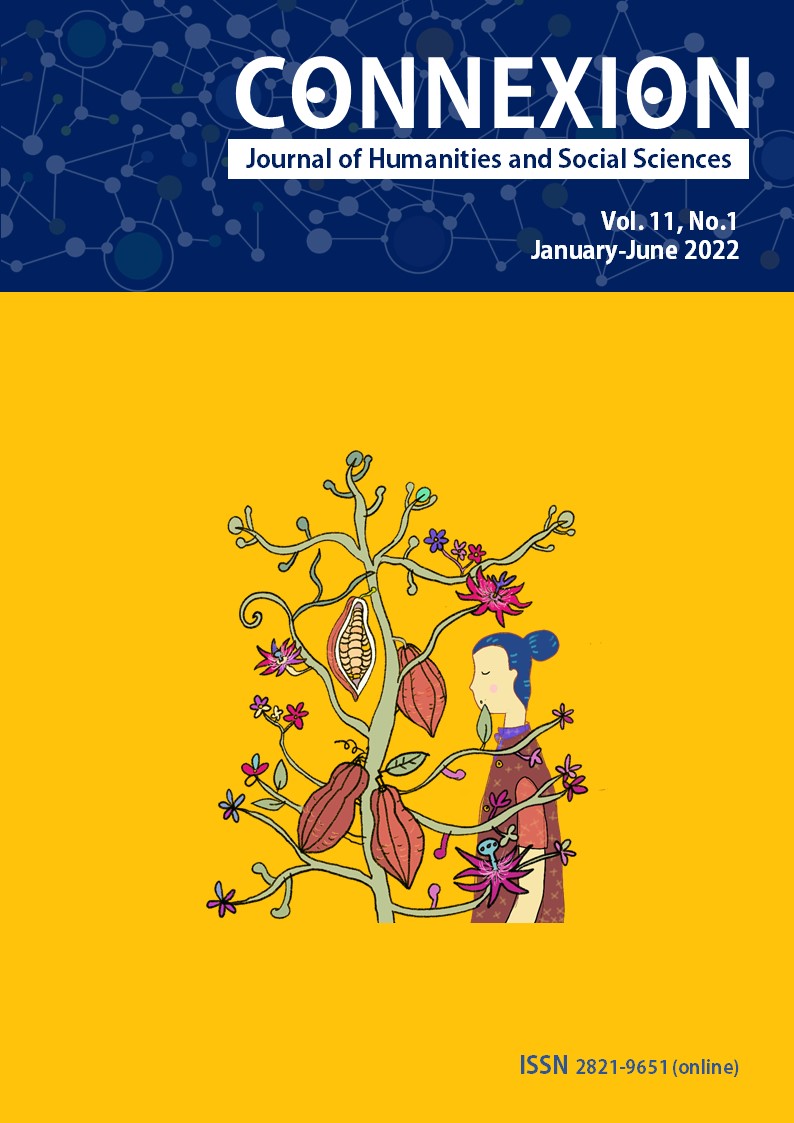Key Factors and Management Guidelines of the Rescue Coordination Centre in Thailand
Main Article Content
Abstract
The research aimed at applying the key factors and guidelines management of the Rescue Coordination Centre in Thailand. The objectives of research were (1) to study and analyze the key factors affecting the management of the Rescue Coordination Centre and (2) to propose guidelines for effective management of the Rescue Coordination Centre. It is a qualitative research. The research tool were studying the document and using an in-depth interview form. The 12 key informants were divided into 3 groups as follows: Executive level personnel of the Civil Aviation Authority of Thailand, Executive level personnel of the Office of the Search and Rescue Commission and Executive level personnel of agencies that support search and rescue units. Purposive sampling was used, with 3 years of experience in search and rescue and perform data analysis by classifying and organizing the data as a group and make a descriptive presentation.
The results of the research showed (1) Based on relevant studies and interviews with in-depth information providers, it was found that the factors affecting the management of the Rescue Coordination Centre consisted of; 1) Personnel with knowledge and expertise in aircraft search and rescue and ships affected by disaster and with adequate manpower. 2) management related to the delegation of legal power or a joint agreement between relevant agencies. 3) Materials and equipment that are up-to-date to be used in operations 4) the budget that is supported by the government and is sufficient to increase operational efficiency. and 5) the organizational structure that supports non-government work (2) Guidelines for effective management of the Rescue Coordination Centre include: 1) Organizational restructuring and management to be an independent agency. Because it is a job that is related to safety and is responsible for the satellite equipment. 2) Making a master plan for organizational and personnel development and the provision of necessary, appropriate equipment, in accordance with the current environment and situation at the beginning, medium and long term. 3) Search and Rescue exercises should be conducted more than once a year as it integrates knowledge. Working skills of various related agencies and being prepared to operate at all times. 4) The case studies of foreign RCC units should be used as a guideline to develop the ARCC of Thailand to meet the standards and be on par with those of other countries. and 5) On scene commander in each area should be assigned appropriately, for example in the case of an aircraft accident on land. Assigning the governor as an on scene commander. In the case of an aircraft accident at sea, it should be assigned to the Naval Command Area to be responsible. Because the Navy specializes in maritime operations. and can be ordered to work immediately.
Article Details

This work is licensed under a Creative Commons Attribution-NonCommercial-NoDerivatives 4.0 International License.
Copyright
Connexion: Journal of Humanities and Social Sciences has an exclusive right to publish the accepted articles in any form. However, the author retains the following rights:
1. The right to the ownership of the article;
2. The right to use all or part of the article in his/her other works;
3. The right to re-produce the article for personal use or for use in the author’s organisation, in which case the author must obtain permission from Connexion: Journal of Humanities and Social Sciences;
4. The right to make copies of all or part of the work for educational use or for the author’s use in classroom teaching; and
5. The right to include the work (both the preprinted and printed versions) in an institutional repository.
References
Acuna, V. (2017) Using unmanned aerial vehicles for wireless localization in search and rescue, Available: https://digitalcommons.fiu.edu/etd/3646/ [5 April 2021]
Bodeerat, C. (2015) Administrative techniques (เทคนิคการบริหาร), Bangkok: Chulalongkorn University Press. (in Thai)
International Maritime Organization. (2019) International aeronautical and maritime search and rescue, vol. 1-3, 11th edition, London: International Maritime Organization.
International Civil Aviation Organization. (2004) Annex 12 - Search and rescue, 8th edition, Montreal, Canada: International Civil Aviation Organization.
Saengkham, W. (2015) International convention on maritime search and rescue 1979: Suitability for Thailand to become a party (อนุสัญญาระหว่างประเทศว่าด้วยการค้นหาและช่วยเหลือผู้ประสบภัยทางทะเล ค.ศ. 1979: ศึกษากรณีความเหมาะสมในการเข้าเป็นภาคีของประเทศไทย), Master’s thesis of Laws International Trade Regulation, Thammasat University, Bangkok. (in Thai)
Serirat, S., & Serirat, S. (2003) Marketing management (การบริหารตลาดยุคใหม่), Bangkok: SE-ED. (in Thai)
Thailand Transport Portal. (2021) National search and rescue plan 2021, 2018 (แผนค้นหาและช่วยเหลืออากาศยานและเรือที่ประสบภัยแห่งชาติ พ.ศ. 2564 และ พ.ศ. 2561), Available: https://tpad.police.go.th/downloads/dynamic/dynamic-9780897.pdf [2 February 2021] (in Thai)
Civil Aviation Training Centre. (2020) Assessment report of search and rescue exercise 2020 (รายงานผลการประเมินการฝึกซ้อมการค้นหาและช่วยเหลืออากาศยานประสบภัย 2563), Bangkok: Civil Aviation Training Centre. (in Thai)


